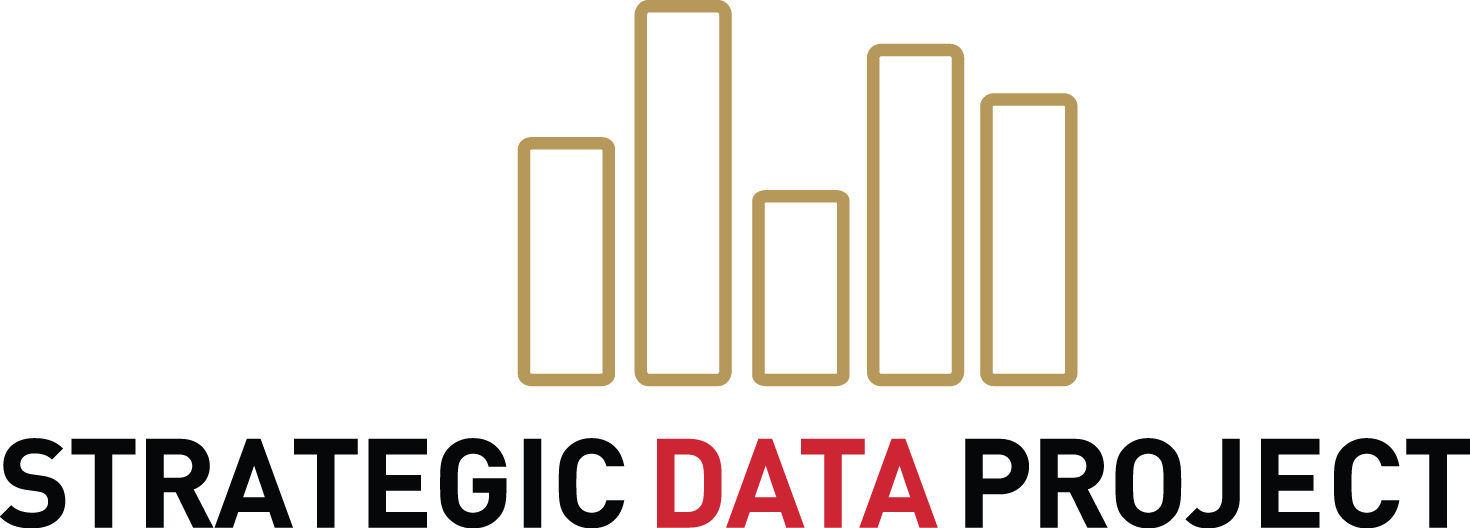Strategic Data Project Fellow Akisha Jones discusses disproportionality in discipline policies and practices in American schools and what we can do about it.
BY AKISHA R. JONES
Akisha R. Jones, Ph.D., is an education researcher and Strategic Data Project fellow at the Center for Education Policy Research at Harvard University. Follow her on Twitter at@AkishaRJones.
In my professional life, I conduct research and evaluation in a large urban school district in North Carolina. My work is aimed at addressing and lessening disproportionalities among black students in discipline referrals and suspensions in the district. Black students make up 26 percent of the student population in K-12 public schools in this state, yet they comprise 51 percent of suspensions and 38 percent of expulsions.
The disproportionate rates of suspensions and expulsions is nothing new to North Carolina, nor to the country as a whole, with its longstanding history of disciplining black students at exponentially high rates. In my work, I find that these disparities are often a result of biased school discipline policies or discretionary referral and suspension decisions. Racist stereotypes and implicit biases often surface in the over-referral and suspension of black students, perpetuating inequities in schools.
In both my personal and professional lives, I want to reject this fear.
As a black woman, I am well aware of the power of stereotypes. The labeling of black students — black people — is dangerous and helps create a world that fears black people in many spaces, from work to the playground to schools. The power of these labels is exacerbated among poor, black populations. Even I have come to live in a state of fear because of myblackness. I fear that I may be overlooked for opportunities as a result of being black. I fear that my blackness may be threatening to those outside of my race. I fear that the burdens of being a black woman are apparent in my tone and conversation. I fear that the hate-related violence that has affected other blacks in this country will one day affect me.
In both my personal and professional lives, I want to reject this fear.
Are we as educators maintaining policies that contribute to inequities in discipline referrals — facilitating the school-to-prison pipeline? I argue that we are, and until we make conscious and deliberate choices to counter these policies, we are contributing to the problem.
Educators play a large part in shaping citizenship and democracy in this country. We have the opportunity to provide equitable opportunities to all students, yet we continue to fall short. We must start by questioning our own policies and biases and how they play out in education. Do we have the same learning expectations for all students, regardless of their backgrounds? Are we making every effort to end achievement gaps? As a system, are we contributing to the oppression and longtime sufferings of minorities and the poor in this country?
